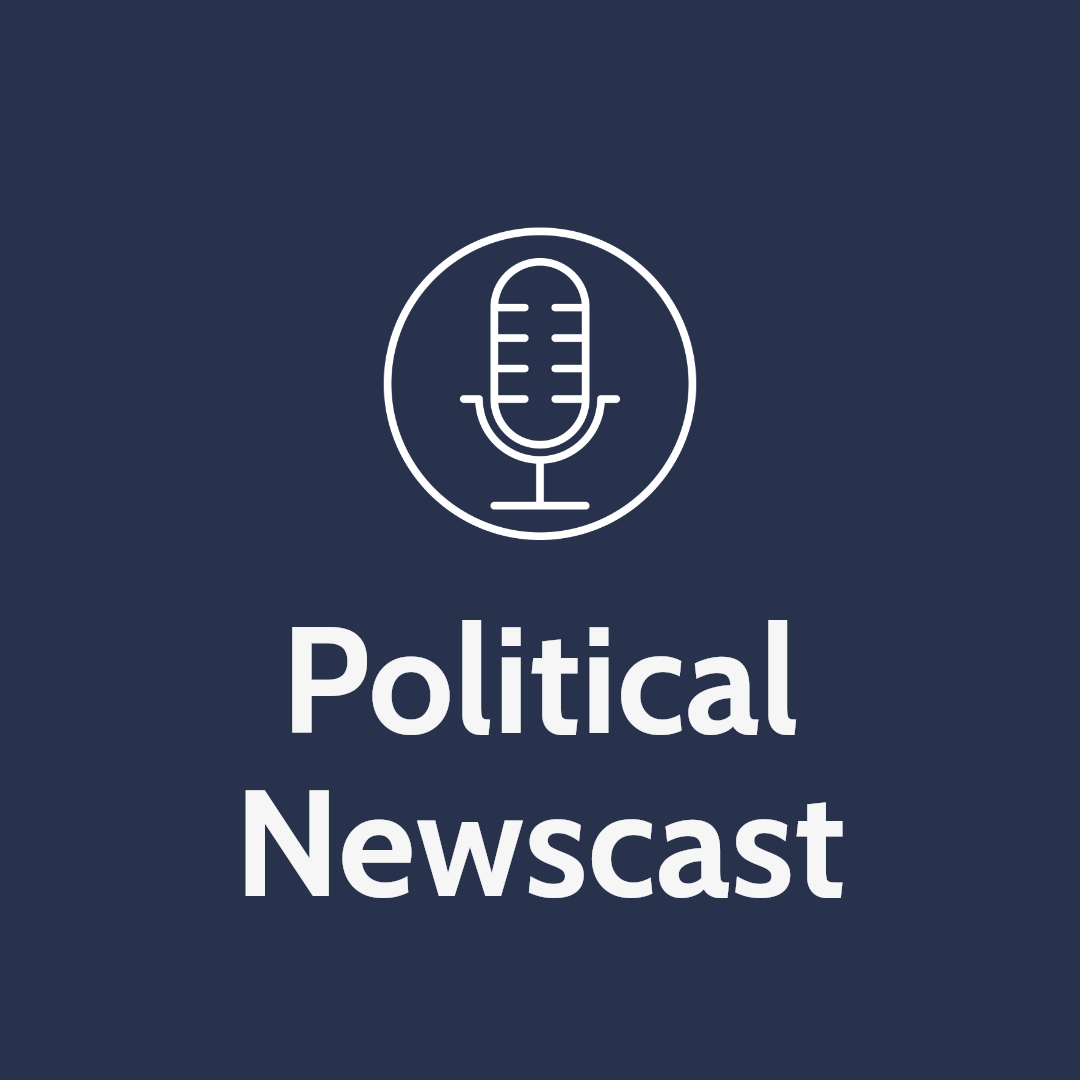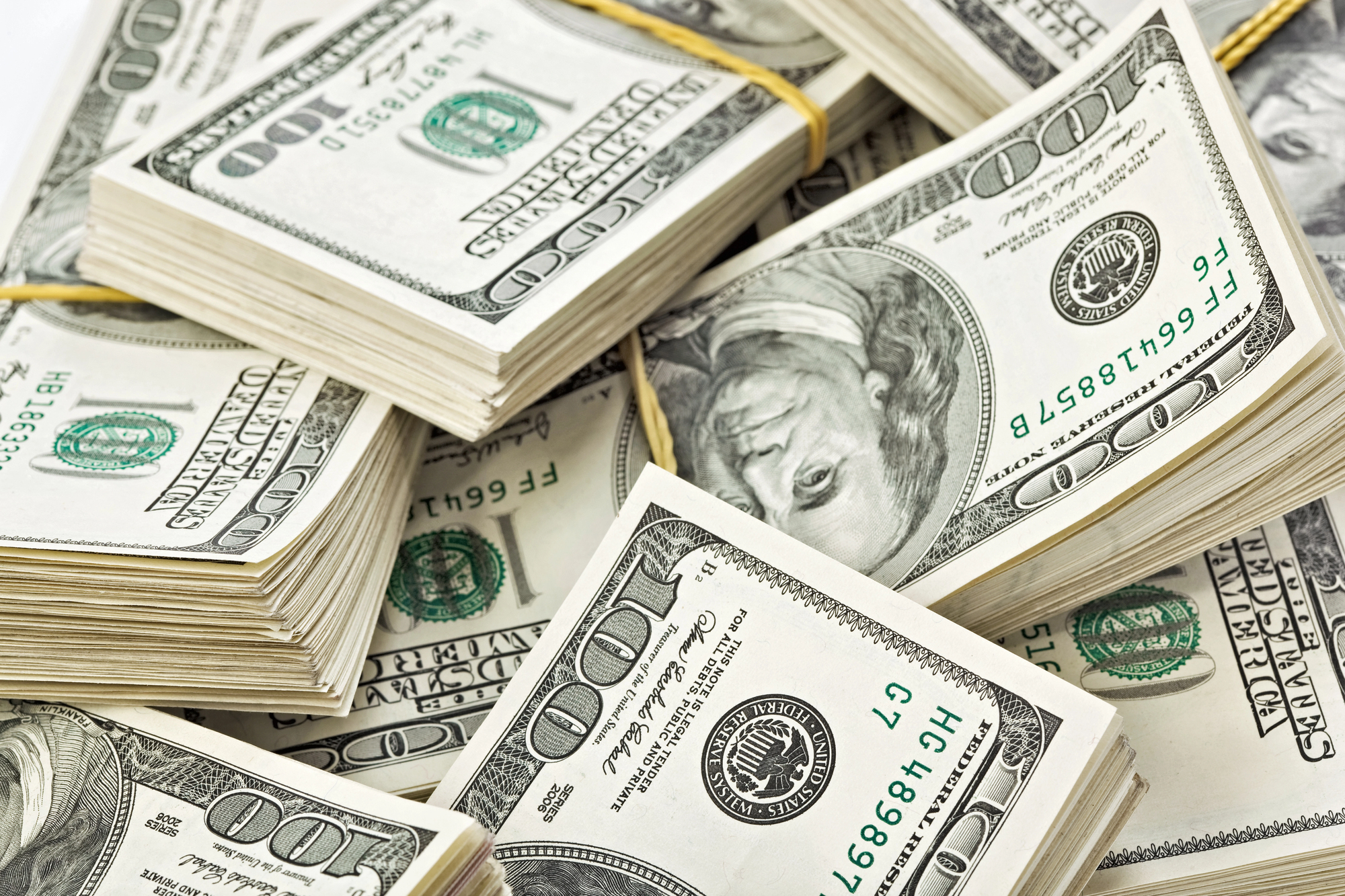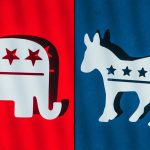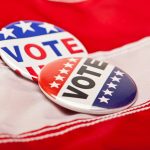Soft money in politics refers to unregulated funds donated to political parties for general party-building activities, not specifically for supporting individual candidates. These donations operate outside the limitations imposed by the Federal Election Commission (FEC), creating a pathway for large contributions that would otherwise be restricted. Soft money allows donors to bypass campaign finance regulations by giving to parties rather than directly to candidates, potentially undermining transparency in the political process.
The concept gained prominence in American politics as a way for wealthy individuals, corporations, and unions to influence the political landscape without facing the same restrictions as direct campaign donations. While hard money comes with strict donation limits and disclosure requirements, soft money historically provided a less regulated alternative. This distinction creates significant implications for how money flows through the political system.
Political parties continue to seek these funds for activities like voter registration drives and issue advocacy, raising ongoing concerns about accountability in election spending. The line between general party support and candidate assistance often blurs, highlighting the complex nature of money in politics.
Defining Soft Money in Politics
Soft money represents a significant aspect of campaign finance in the United States, operating outside the strict regulatory framework that governs direct candidate contributions. This funding mechanism has shaped American electoral politics through its flexibility and controversial legal status.
Soft Money Versus Hard Money
Soft money refers to political donations made to political parties that fall outside federal contribution limits and regulations. Unlike hard money, which consists of regulated contributions made directly to federal candidates with specific dollar amount restrictions, soft money flows without these constraints.
Hard money must be reported to the Federal Election Commission (FEC) and follows strict donation caps from individuals and political action committees. In contrast, soft money historically allowed unlimited sums from various sources including corporations, unions, and wealthy individuals.
The distinction became critical in American politics as parties used soft money for “party-building activities” such as voter registration drives and issue advocacy. While not directly supporting specific candidates, these activities often indirectly benefited their campaigns.
Legal Origins and Campaign Finance Laws
Soft money emerged through loopholes in the Federal Election Campaign Act (FECA) of 1971. The law established limits on direct contributions to federal candidates but left party activities less regulated.
The 1976 Buckley v. Valeo Supreme Court case further shaped campaign finance by distinguishing between contributions and expenditures. This ruling allowed parties to raise unlimited funds for activities not explicitly advocating for a candidate’s election.
Through the 1980s and 1990s, soft money grew dramatically as parties exploited these loopholes. Political organizations collected millions in unregulated funds while technically adhering to federal election laws.
The Bipartisan Campaign Reform Act of 2002 (McCain-Feingold Act) later attempted to address this issue by prohibiting national parties from raising or spending soft money. However, political actors continuously find new avenues for unregulated political spending.
Role of the Federal Election Commission
The Federal Election Commission (FEC) serves as the regulatory agency responsible for enforcing campaign finance laws in federal elections. Created in 1974, the FEC oversees contribution limits, disclosure requirements, and compliance with federal election laws.
The FEC’s jurisdiction primarily covers hard money contributions, while its authority over soft money has been more limited. This regulatory gap allowed soft money to flourish for decades despite campaign finance reform efforts.
FEC regulations require detailed reporting of hard money donations, including donor information and amounts. Soft money, however, often escaped these transparency requirements, creating what critics called a “shadow campaign finance system.”
The six-member commission, divided equally between Republicans and Democrats, frequently deadlocks on enforcement decisions. This structural feature has sometimes hampered aggressive regulation of campaign finance violations and soft money abuses.
How Soft Money Works
Soft money operates through a network of contributors who fund political parties for general activities rather than specific candidates. These funds bypass federal campaign finance regulations, allowing larger sums to flow into the political system.
Sources of Soft Money
Corporations represent major sources of soft money in American politics. These businesses can donate unlimited amounts to political parties for party-building activities, unlike the strict limits placed on direct candidate contributions.
Unions also play a significant role in providing soft money. Labor organizations channel substantial funds to political parties that support worker-friendly policies.
Wealthy individuals contribute heavily to the soft money system. These donors can give far beyond the caps that would apply to candidate-specific donations.
Special interest groups funnel money to parties that champion their causes. This creates financial relationships that can influence political priorities without directly supporting individual candidates.
Political Parties and National Party Committees
National party committees serve as primary recipients of soft money donations. Both Republican and Democratic national committees actively solicit these unregulated funds.
State and local party organizations benefit from soft money transfers from national committees. This creates a distribution network that spreads influence throughout the political system.
Party committees use creative accounting methods to handle soft money. They maintain separate accounts for regulated “hard money” and unregulated soft money contributions.
Major parties developed sophisticated fundraising operations specifically for soft money. These systems helped parties raise millions in unregulated funds before reforms were implemented.
Use in Political Activities
Soft money finances party-building activities like voter registration drives. These efforts help parties expand their base without directly advocating for specific candidates.
Issue advocacy campaigns receive substantial soft money funding. Parties can run advertisements that promote positions on issues without explicitly telling voters who to support.
Get-out-the-vote initiatives benefit from soft money investments. Parties direct these funds toward increasing turnout among likely supporters in key districts.
Administrative costs and overhead expenses of political parties are covered by soft money. This frees up hard money donations for direct candidate support.
Media campaigns that promote party messages rather than specific candidates can be funded with soft money. These communications help shape public opinion on important issues while avoiding campaign finance restrictions.
Regulation and Disclosure Requirements
Campaign finance regulations establish boundaries for political contributions and spending, with specific rules governing soft money. These regulations aim to promote transparency while addressing potential loopholes that allow influence in politics.
Federal Election Campaign Act and Soft Money
The Federal Election Campaign Act (FECA) provides the foundation for campaign finance regulation in the United States. Originally passed in 1971, FECA has undergone several amendments to address various forms of political contributions, including soft money.
Prior to 2002, national political parties could accept unlimited soft money donations for “party-building” activities. These funds existed outside direct candidate support but indirectly benefited campaigns through general party operations.
The Bipartisan Campaign Finance Reform Act (BCRA) significantly changed how soft money operates. After the 2002 elections, BCRA banned national parties from raising or spending soft money, marking a major shift in campaign finance rules.
The Role of the FEC
The Federal Election Commission (FEC) oversees compliance with federal election laws, including regulations related to soft money. This independent regulatory agency enforces contribution limits and disclosure requirements.
The FEC provides guidance to political committees about acceptable fundraising and spending practices. When questions arise about soft money expenditures by national party committees, the FEC offers clarification on legal boundaries.
FEC regulations require political committees to report financial activities regularly. These reports must detail contributions received and expenditures made, helping maintain transparency in the political process.
Public access to these financial reports allows voters to see who funds political activities. The FEC maintains databases where citizens can track political spending and contributions.
Contribution Limits and Loopholes
Federal law sets specific limits on how much individuals can donate directly to candidates and party committees. These hard money contributions have strict caps to prevent any single donor from having outsized influence.
Despite these limits, the campaign finance system contains various loopholes. Political action committees (PACs) and other organizations can raise funds under different rules, creating alternative channels for political money.
Some state and local party committees can still collect certain types of soft money for activities that aren’t directly connected to federal elections. This creates a complex system where money flows through various legal channels.
Bundling represents another technique within the campaign finance system. This practice allows individuals to collect contributions from many donors and present them together, amplifying their influence while technically staying within individual contribution limits.
Common Uses of Soft Money
Soft money in politics flows through several channels to influence elections without directly supporting specific candidates. Political parties and organizations deploy these unregulated funds strategically to shape electoral outcomes through various indirect means.
Advertising and Mailings
Political parties use soft money to fund issue advertisements that avoid explicitly advocating for or against specific candidates. These ads often focus on policy matters while subtly promoting party positions. They typically highlight topics like healthcare, immigration, or tax policy without using direct “vote for” or “vote against” language.
Many issue ads run during election seasons in key battleground states to influence swing voters. The messaging typically aligns with party platforms but stays carefully within legal boundaries by focusing on issues rather than candidates.
Parties also distribute informational mailings funded by soft money. These materials discuss party positions on current issues and legislative priorities. The mailings often target specific demographic groups or geographic regions where parties hope to build support.
Voter Registration Initiatives
Political organizations conduct large-scale voter registration drives using soft money. These initiatives target areas with populations likely to support their party’s candidates. The efforts appear non-partisan on the surface while strategically focusing on neighborhoods with favorable demographics.
Registration drives employ field workers who canvass neighborhoods, set up booths at community events, and organize campus activities. These workers help citizens complete registration forms and explain voting requirements.
Soft money also funds technology platforms that streamline registration processes. Mobile apps, websites, and database systems help track potential voters and their registration status.
Get-Out-The-Vote Drives
Get-out-the-vote (GOTV) campaigns represent one of the most significant uses of soft money in American politics. These operations identify likely supporters and motivate them to cast ballots on election day. Parties deploy sophisticated databases to track voter preferences and target their outreach effectively.
GOTV activities include phone banking, where volunteers call potential voters to remind them about upcoming elections. Door-to-door canvassing teams visit neighborhoods to encourage voting and provide information about polling locations and hours.
Transportation services on election day help voters reach polling stations. These services particularly benefit elderly, disabled, or carless voters who might otherwise struggle to participate. Parties also set up hotlines to answer voting-related questions and address problems voters might encounter.
Major Reforms and Ongoing Controversies
Campaign finance reform has sparked fierce debates about political spending limits, constitutional rights, and the influence of money in elections. These reforms have reshaped how political campaigns are funded while creating new challenges.
The Impact of the McCain-Feingold Act
The Bipartisan Campaign Reform Act of 2002, commonly known as McCain-Feingold, represented the most significant campaign finance legislation in decades. It banned national political parties from raising or spending soft money in federal elections.
The law prohibited corporations and unions from using general treasury funds for “electioneering communications” near election dates. This restriction aimed to reduce the flood of unregulated money into campaigns.
McCain-Feingold faced immediate legal challenges. The Supreme Court upheld most provisions in McConnell v. FEC (2003), but later decisions like Citizens United (2010) weakened key aspects of the law.
Despite its goals, the act pushed soft money into other channels rather than eliminating it completely. Political organizations adapted by finding alternative funding methods outside the law’s restrictions.
Political Action Committees and Soft Money
Political Action Committees (PACs) emerged as critical players in campaign finance following reform legislation. Traditional PACs face strict contribution limits but remain important fundraising vehicles for candidates.
Super PACs developed after the Citizens United ruling, allowing unlimited independent expenditures. Unlike traditional PACs, these organizations can accept unlimited donations from corporations, unions, and individuals.
Dark money groups, typically organized as 501(c)(4) social welfare organizations, don’t disclose their donors. These groups spend millions on political activities while maintaining donor anonymity.
PACs have transformed how soft money flows through the political system. While direct party soft money decreased after McCain-Feingold, overall political spending increased dramatically through these alternative structures.
First Amendment and Campaign Finance Reform
The tension between campaign finance regulations and free speech rights forms the core of many legal battles. The Supreme Court has repeatedly ruled that political spending constitutes protected speech under the First Amendment.
Buckley v. Valeo (1976) established the precedent that spending money to influence elections is a form of protected expression. This principle has guided subsequent court decisions limiting campaign finance restrictions.
Citizens United v. FEC fundamentally altered the landscape by ruling that corporations and unions have First Amendment rights to make independent political expenditures. This decision opened new channels for soft money in politics.
Reform advocates argue that unlimited political spending threatens democracy by giving wealthy individuals and organizations outsized influence. Critics of regulation counter that limiting political spending restricts essential political expression and association rights.






[…] Soft money, by contrast, refers to political funds that fall outside direct FEC regulation. Before campaign finance reform, soft money could be given in unlimited amounts to political parties for “party-building activities” rather than specific candidates. […]